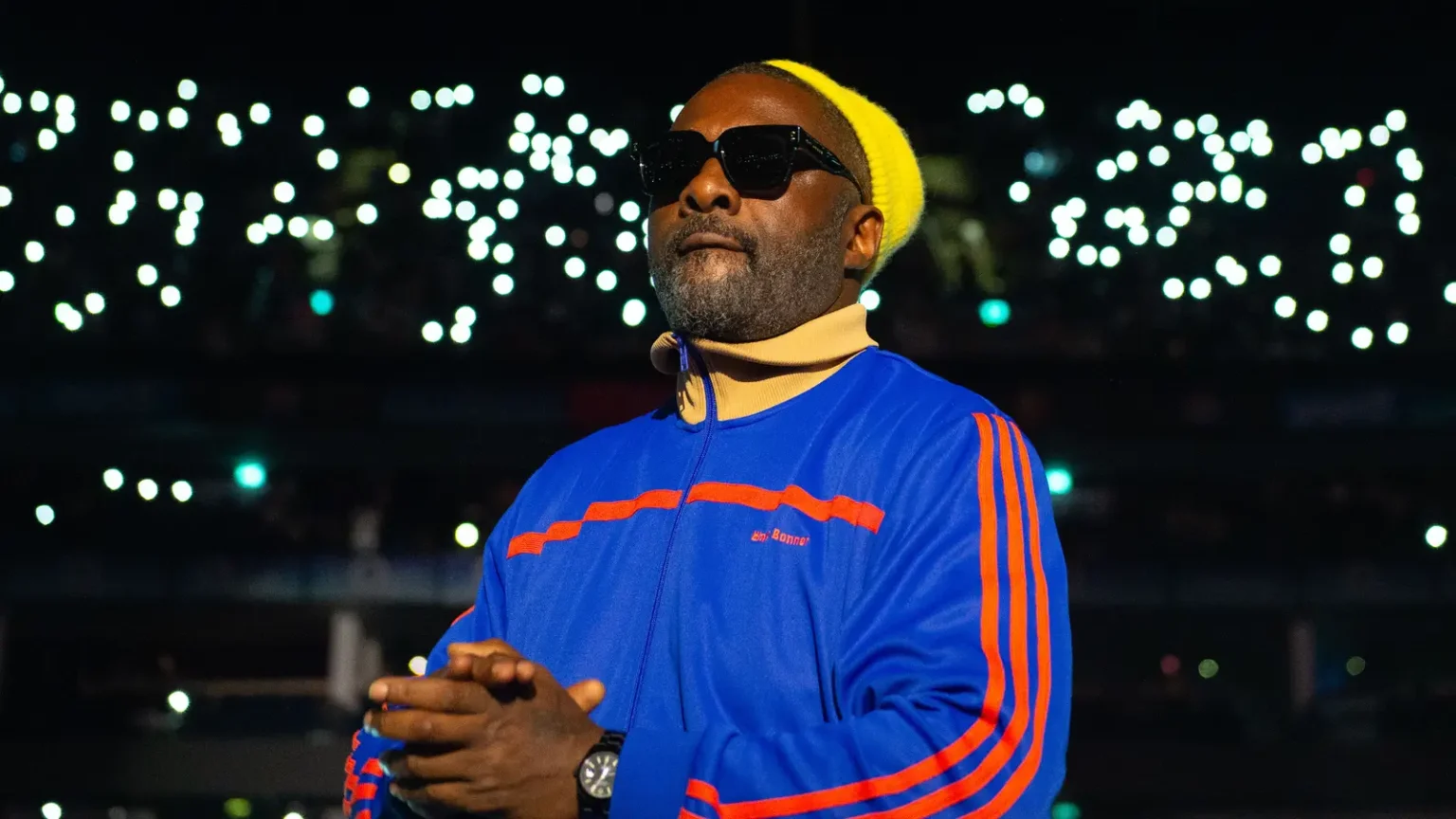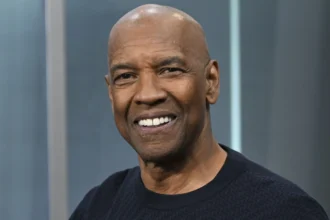British actor Idris Elba is set to bring his Hollywood influence to Ghana with plans to launch a film studio in the country. With family ties to Sierra Leone and Ghana, the renowned actor and producer is passionate about reshaping the global image of Africa’s creative industry. Elba’s venture into Africa’s entertainment space also extends beyond Ghana, as he envisions establishing studios across the continent.
The initiative came to light after Elba’s meeting with Tanzanian President Samia Suluhu Hassan at the World Economic Forum in Davos. Their discussions resulted in the green light for the first studio, which is to be located in Zanzibar, Tanzania. Elba hopes these studios will bring international recognition to African talent and narratives.
Elba on Africa’s Media Representation
In a recent interview with CNN at the Stellar Development Foundation’s Meridian conference in London, Elba highlighted his concerns about Africa’s portrayal in the media. “Much of the imagery about Africa isn’t even generated from Africa,” he stated, pointing out that global media often focuses on negative aspects of the continent. With Africa’s median age at 19, Elba argues that young Africans deserve a platform to share their optimistic and diverse stories. “These young people are optimistic and deserve the chance to tell their own stories,” he added.
Reshaping Global Perceptions
Elba’s vision for film studios across Africa is about more than just filmmaking; it’s an effort to empower African voices and reshape the continent’s image on the world stage. By investing in local storytelling, Elba aims to create opportunities for African creatives and inspire the next generation of storytellers to redefine the narrative around Africa.
What This Means for Africa’s Film Industry
If successful, Elba’s studios could catalyze a wave of international interest in African film and media. Africa’s film industry has been gaining momentum, with rising demand for authentic African content on platforms like Netflix and other streaming services. Elba’s plans could help bridge gaps in production infrastructure, providing a platform for African narratives to reach global audiences.












